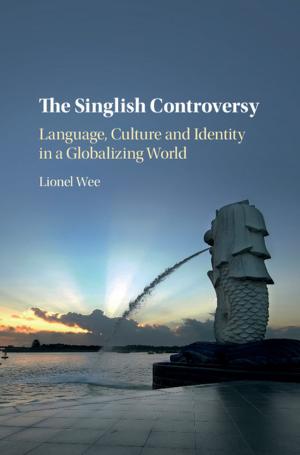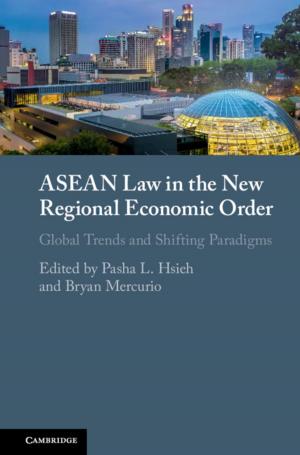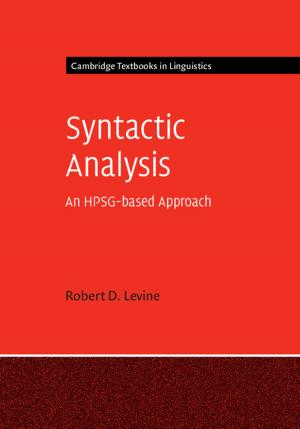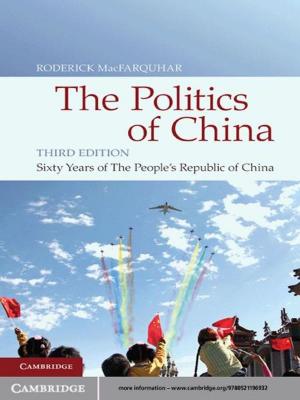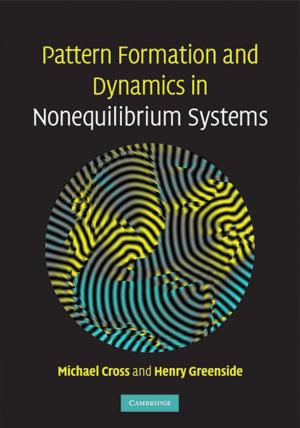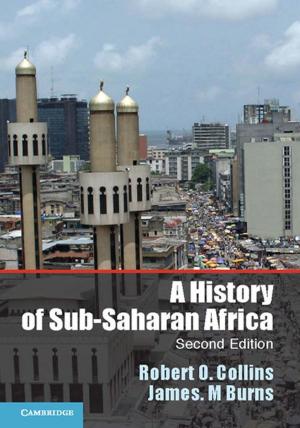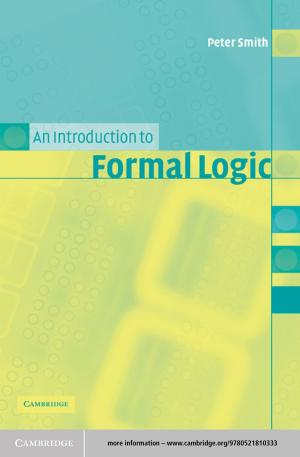Beyond Shariati
Modernity, Cosmopolitanism, and Islam in Iranian Political Thought
Nonfiction, Social & Cultural Studies, Political Science, International, History, Religion & Spirituality| Author: | Siavash Saffari | ISBN: | 9781316732489 |
| Publisher: | Cambridge University Press | Publication: | February 16, 2017 |
| Imprint: | Cambridge University Press | Language: | English |
| Author: | Siavash Saffari |
| ISBN: | 9781316732489 |
| Publisher: | Cambridge University Press |
| Publication: | February 16, 2017 |
| Imprint: | Cambridge University Press |
| Language: | English |
Ali Shariati (1933–77) has been called by many the 'ideologue of the Iranian Revolution'. An inspiration to many of the revolutionary generation, Shariati's combination of Islamic political thought and Left-leaning ideology continues to influence both in Iran and across the wider Muslim world. In this book, Siavash Saffari examines Shariati's long-standing legacy, and how new readings of his works by contemporary 'neo-Shariatis' have contributed to a deconstruction of the false binaries of Islam/modernity, Islam/West, and East/West. Saffari argues that through their critique of Eurocentric metanarratives on the one hand, and the essentialist conceptions of Islam on the other, Shariati and neo-Shariatis have carved out a new space in Islamic thought beyond the traps of Orientalism and Occidentalism. This unique perspective will hold great appeal to researchers of the politics and intellectual thought of post-revolutionary Iran and the greater Middle East.
Ali Shariati (1933–77) has been called by many the 'ideologue of the Iranian Revolution'. An inspiration to many of the revolutionary generation, Shariati's combination of Islamic political thought and Left-leaning ideology continues to influence both in Iran and across the wider Muslim world. In this book, Siavash Saffari examines Shariati's long-standing legacy, and how new readings of his works by contemporary 'neo-Shariatis' have contributed to a deconstruction of the false binaries of Islam/modernity, Islam/West, and East/West. Saffari argues that through their critique of Eurocentric metanarratives on the one hand, and the essentialist conceptions of Islam on the other, Shariati and neo-Shariatis have carved out a new space in Islamic thought beyond the traps of Orientalism and Occidentalism. This unique perspective will hold great appeal to researchers of the politics and intellectual thought of post-revolutionary Iran and the greater Middle East.

